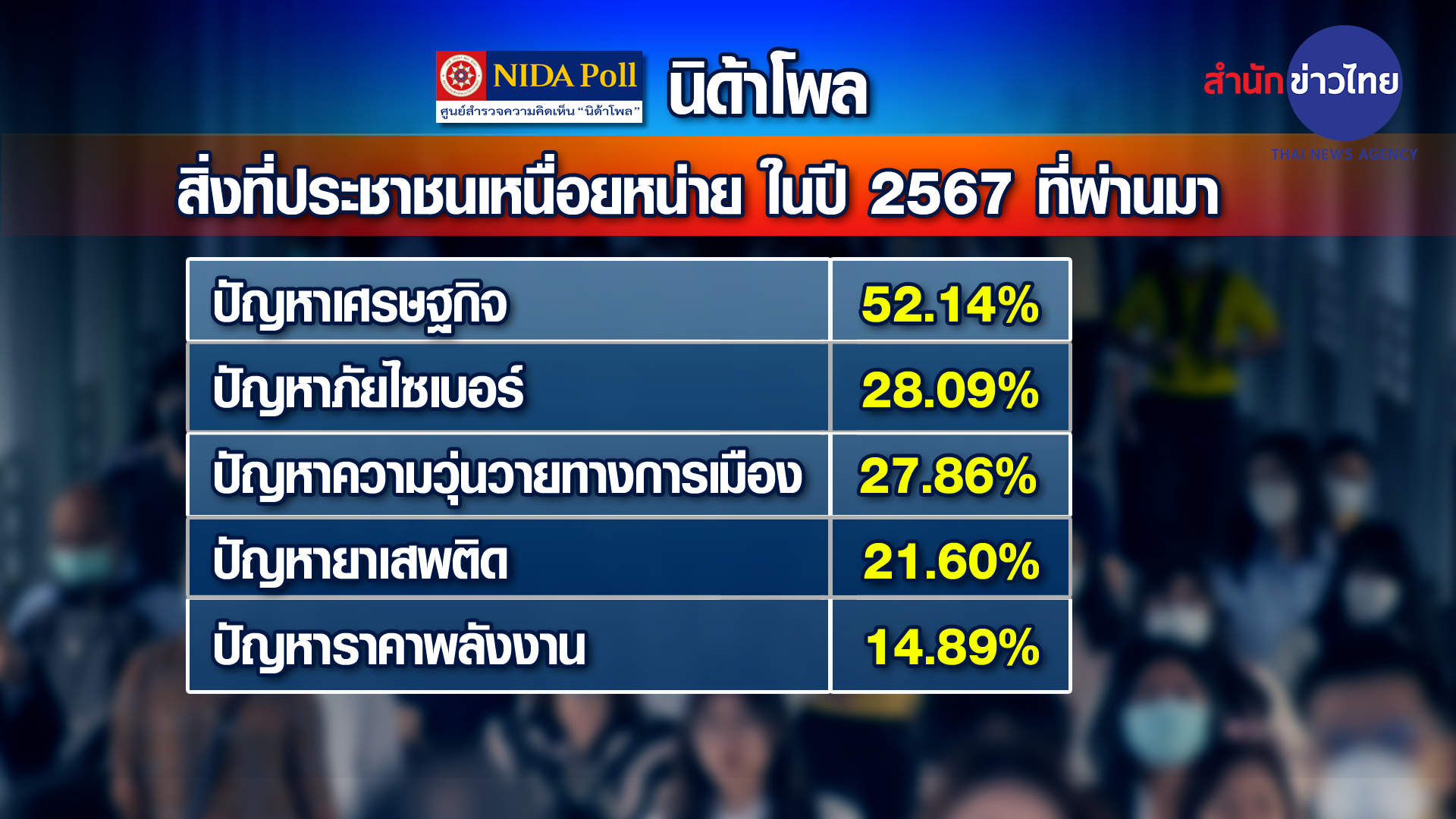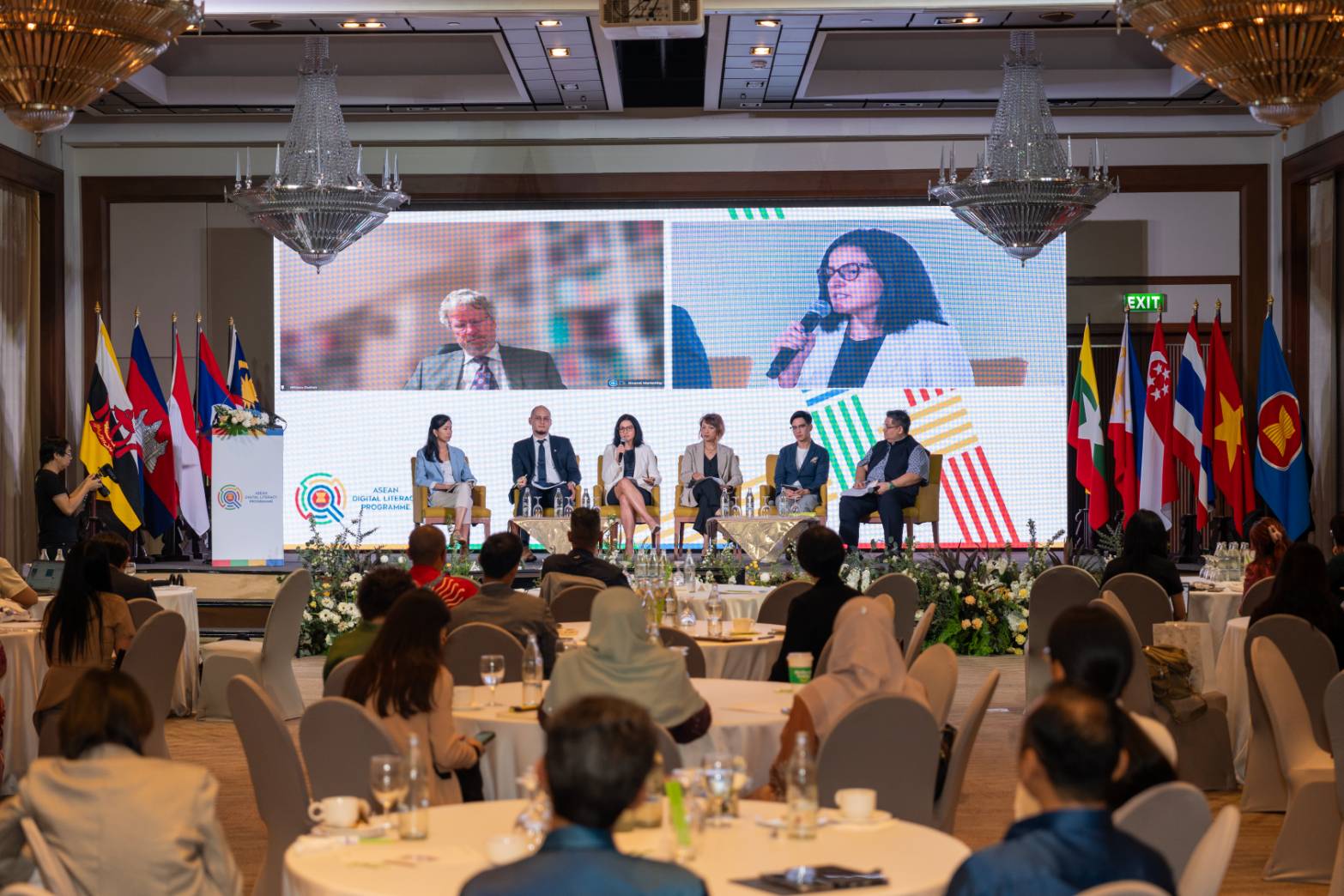BANGKOK, March 21 (TNA) – Google.org teams up with the ASEAN Foundation to launch the ASEAN Digital Literacy Program (ADLP) aiming to enhance digital awareness among ASEAN citizens, enabling them to keep pace with the digital world.
The event, held in Bangkok on March 20, marked the fourth mission of the ASEAN Digital Literacy Program, focusing on presenting the findings of the research on digital divide landscape in the 10 ASEAN member states.
After working with the ASEAN Youth Advisory Group from the 10 member countries to conduct campaigns and adapt content to tailor digital literacy for their respective countries, training 2,000 youth as trainers with proficient digital skills, as well as adapting Google’s existing digital literacy content to fit the context and language of each country, the next mission is to have these 2,000 youth return to their home countries to impart their knowledge to their fellow citizens.

Marija Ralic, Lead of Google.org Asia Pacific, praised the ASEAN Foundation’s efforts in implementing the ASEAN Digital Literacy Program under the visionary leadership of Dr. Piti Srisangnam, the Executive Director of the ASEAN Foundation.
She highlighted that the program has been successful in raising awareness and enhancing the digital capabilities of ASEAN citizens beyond expectations, reaching 190,000 individuals, surpassing the initial target of 100,000.
Meanwhile, H.E. Amb. M.I. Derry Aman, Permanent Representative of the Republic of Indonesia to ASEAN and the Chair of the Board of Trustees of ASEAN Foundation, emphasized the importance of strengthening digital literacy and fostering the ability to keep up with digital advancements.

He stated that these skills are crucial tools for driving positive changes, especially in an era filled with fake news and distorted information. Collaboration among all stakeholders in the ASEAN community is deemed essential and will greatly benefit the overall region.
According to the research on digital divide conducted by researchers from the 10 ASEAN member countries, it was found that the primary shared issue is the lack of critical thinking skills among digital media consumers.
This leads to easy belief in unverified news sources , misinformation and fake news. This phenomenon is not confined to the youth but also includes educators, students, and vulnerable groups, such as the elderly and adolescents. People from developed countries like Singapore, where the literacy rate is as high as 97%. Despite this, they are still susceptible to online scams.

Dr. Piti Srisangnam, the Executive Director of the ASEAN Foundation, emphasized the significance of digital literacy for ASEAN citizens in today’s era.
He stated that if Thailand can effectively utilize emerging technologies like artificial intelligence (AI), it can become one of the top economies in ASEAN in terms of economic growth. However, there is a pressing need for digital literacy and readiness, especially concerning information competency and critical thinking skills, where Thailand currently lags behind. -819 (TNA)













